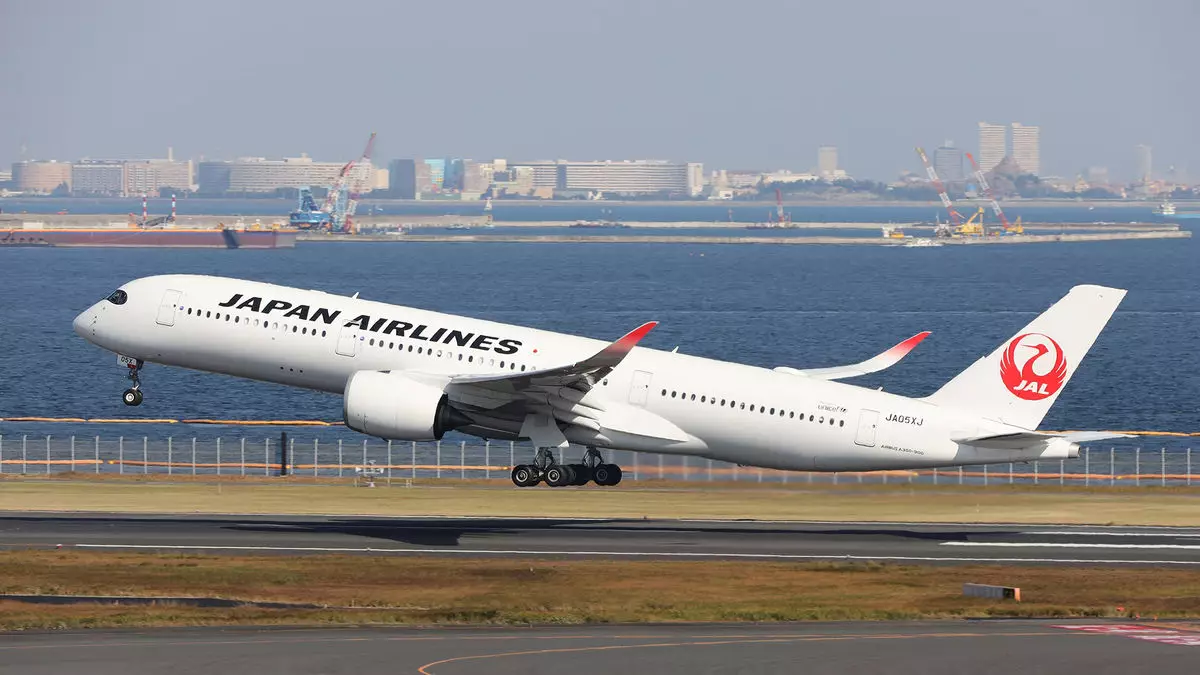On Thursday, Japan Airlines (JAL) faced a significant cyberattack that interrupted operations and delayed over 20 domestic flights for more than half an hour. This incident serves as a reminder of the increasing cyber threats that airlines and other major transportation systems face, particularly during peak travel periods. Notably, JAL managed to mitigate the attack and restore its service within hours, ensuring no adverse effects on flight safety. However, the disruption highlighted the potential vulnerabilities within the airline’s broader network infrastructure.
The attack on JAL was characterized as a Distributed Denial of Service (DDoS) assault, designed to flood the airline’s network with excessive data transmissions. DDoS attacks aim to overwhelm servers, rendering them unresponsive and causing severe operational slowdowns. Thankfully, JAL was able to identify and neutralize the threat without any significant data exposure or breaches of customer information. While the tactical response was commendable, it raises important questions about the resilience of JAL’s cyber defenses and the urgent need to bolster cybersecurity measures across the board.
As soon as the attack was detected, JAL took swift action to suspend both domestic and international ticket sales, which highlights the potential financial implications of such disruptions in a highly competitive industry. Passenger congestion was evident at Tokyo’s Haneda airport, where travelers were left stranded amid holiday travel plans. Given that the year-end holiday is a peak travel season in Japan, the timing of the attack could not have been worse, adding additional strain on the airline’s infrastructure and customer service operations. Despite these challenges, authorities, including Chief Cabinet Secretary Yoshimasa Hayashi, urged JAL to prioritize the restoration of services and to adequately support affected passengers.
Japan’s broader cybersecurity environment has faced increasing scrutiny, particularly as the nation fortifies its defense capabilities and enhances collaboration with the United States and other allies. Experts have warned that Japan’s infrastructure could be vulnerable, underscoring the critical need for a robust cybersecurity framework to guard against potential attacks. Previous incidents, such as a significant cyberattack on the Japan Aerospace Exploration Agency (JAXA) in June 2023, underscore the pressing need for stronger security protocols. As Japan navigates increasing digital threats, there is an urgency for both public and private sectors to prioritize cybersecurity investments and training.
The recent cyberattack on Japan Airlines is more than just an operational hiccup; it serves as a clarion call for enhanced cybersecurity measures throughout Japan’s airlines and critical infrastructure. While JAL’s immediate response and minimization of operational disruption are commendable, the incident underscores a critical vulnerability within an increasingly interconnected digital landscape. As Japan prepares for a future that relies more heavily on technology, it must tackle the dual challenges of ensuring safe, reliable services while defending against sophisticated cyber threats. Addressing these vulnerabilities now will not only protect individual companies like JAL but also fortify the broader integrity of the nation’s transportation systems and its economy.


Leave a Reply